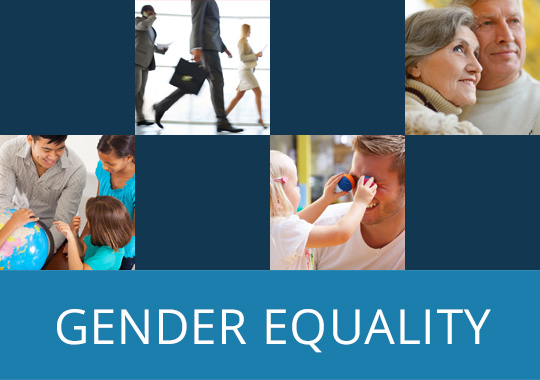Tackling the gaps in research and the lack of data disaggregated by sex concerning women’s equal access to justice
Seminar of the Council of Europe
Gender Equality Commission
Council of Europe Office, 55, avenue Kléber,
75784 Paris, France,
26 and 27 June 2014
Access to justice is a human right and an integral element of promoting the rule of law. Respect and protection of human rights can only be guaranteed with the availability of effective remedies, adequate reparation and/or compensation. In addition, research and collection of reliable and comparable data is essential with a view to elaborating evidence-based policies and legislation. Equal access to justice is key to ensuring equality before the law, not only de jure but also de facto.
One of the five objectives of the Council of Europe Gender Equality Strategy (2014-2017) is to work with member states towards guaranteeing equal access of women to justice. The strategy establishes that action in this area will seek to:
- analyse national and international frameworks to gather data and identify the obstacles women encounter in gaining access to the national courts and to international justice;
- identify, collect and disseminate existing remedies and good practices to facilitate women’s access to justice;
- make recommendations to improve the situation.
The seminar is framed in the context of international and European standards on research and data collection regarding women’s equal access to justice, including women victims of violence.
The Seminar aimed to:
- Gain an overview of women’s access to the overall justice system in the areas of civil, criminal and administrative law;
- Map out existing regional and international standards and initiatives regarding research and data collection in the field of women’s equal access to justice, including but not limited to women victims of violence;
- Identify good practices and policies in this field at the national level;
- Identify and discuss existing gaps in standards and methodologies regarding research and data disaggregated by sex, including the need for the harmonisation of data;
- Put forward proposals to address the research and data needs and gaps.



